They may be quick and easy, but it turns out some of your favourite snacks could be more foe than friend. Find out what a practising dietitian and diabetes educator has to say about snacking smart.

Reem Bashour is an Accredited Practising Dietitian and Credentialed Diabetes Educator with extensive experience in clinical, community and culturally diverse settings. She is the founder of Nutritionally Balanced, where she helps people across Australia manage diabetes, gut issues, weight concerns and complex chronic health needs through evidence-based, personalised care. Her work bridges practical advice with long-term strategies, empowering individuals to feel confident in their everyday food choices.
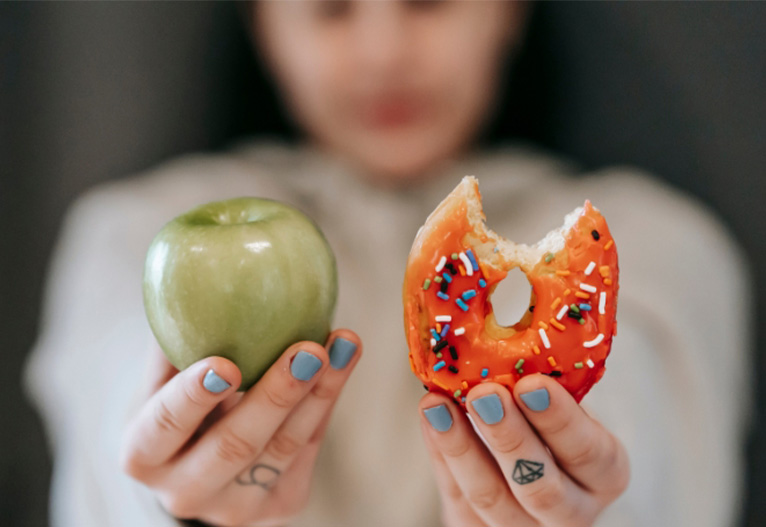
If you’re trying to eat well, you’ve probably found yourself staring at a snack, wondering whether it’s genuinely healthy or just pretending to be. The truth is, it’s rarely black and white. Some snacks might look or sound like healthy options, but when you dig a little deeper, it becomes clear that they’re not doing your health any favours.
As adults, our food choices don’t just affect us, but also the people around us. Whether you’re a parent, partner or role model, the way you snack can shape habits for life. When we’re busy, tired or just looking for something quick, it’s easy to reach for snacks that seem harmless, or even healthy, but actually work against our health goals.
Rather than labelling food as “good” or “bad,” I like to talk about how often we eat something and why we’re reaching for it. A snack might not be a problem when eaten occasionally, but when it becomes a daily go-to, issues can creep in. This is especially true if you’re managing diabetes, high cholesterol, fatty liver or weight concerns.
Snacks worth rethinking for better health
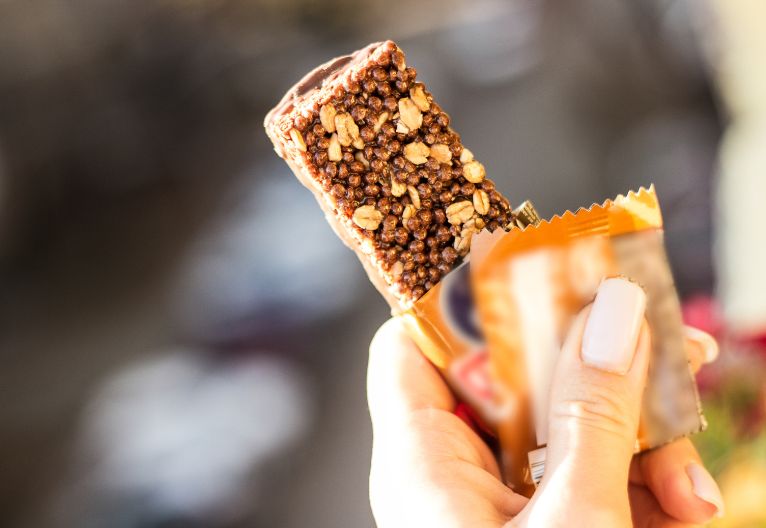
See below for ten popular snacks I often chat through with patients who are looking to make healthier choices. According to the Australian Guide to Healthy Eating, these kinds of foods fall under “discretionary choices” and are things to enjoy occasionally, in small amounts. But if these snacks start showing up daily, the impact on your health becomes more than just “occasional.”
Protein bars and “healthy” snack bars
These often surprise people; I’ve had patients say, “But the label said ‘healthy’!” That’s where I reply with, “Don’t let the marketing fool you.”
Many protein bars are just chocolate bars in disguise: high in sugar, fat and calories, with a sprinkle of protein and preservatives on top.
Chips (even the veggie ones!)
They might seem light, but chips are like nuts: you can rarely stop at one! They’re often high in salt, preservatives and refined oils, and even the “healthier” versions can be surprisingly energy-dense.
Yes, they’re crunchy, but they won’t do your blood pressure, waistline or cravings any favours.
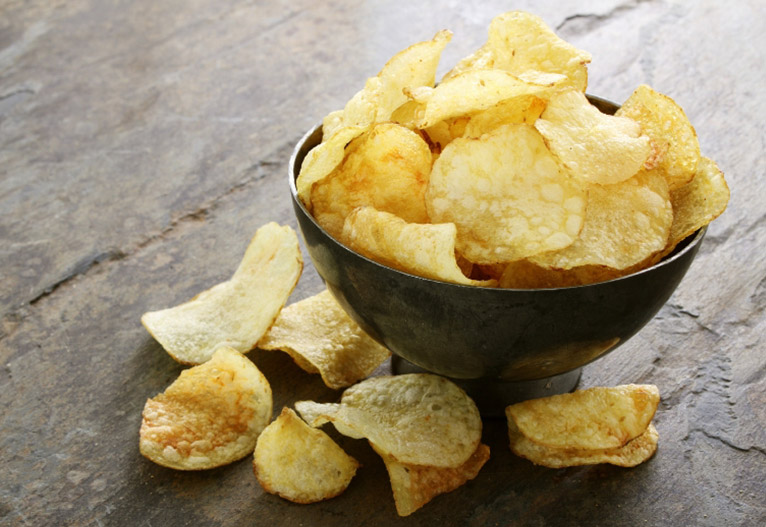
Lollies and sugar-free lollies
Sugar-free doesn’t mean problem-free. Yes, sugar-free lollies might not directly spike your blood sugar as lollies do, but their effect is indirect: they often trigger cravings and a cycle of wanting more sweets. That makes managing overall sugar intake harder in the long run.
Chocolate bars (even dark chocolate)
Yes, I know dark chocolate seems healthier, and it does have some antioxidant benefits, but fat is fat. One gram delivers the same amount of energy, whether it comes from milk chocolate, 90% cocoa, deep-fried chips or a handful of nuts and seeds. That’s why moderation is key.
Smoothies from juice bars
Some smoothies have more sugar than a can of soft drink. I often say: “I can squeeze fresh juice for you myself, and it’ll still be high in sugar.” Fruit is best eaten whole so if it’s not made at home with whole fruit, it’s worth asking what’s actually inside.
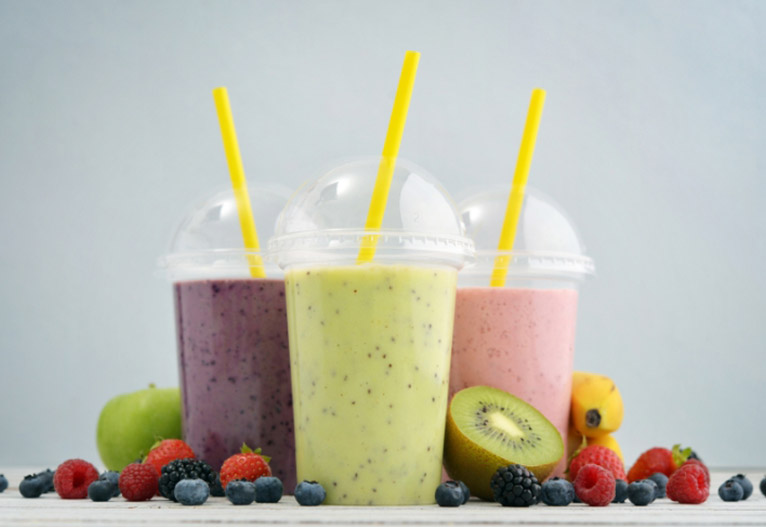
Ice cream and frozen desserts
Look, I’m not against enjoying desserts as a fun treat, but it’s important to recognise that they are also full of sugar and fat. Don’t be fooled by labels like “guilt-free” or “low-fat.” Ice cream is still energy-dense and can be (very!) easy to overeat. Even smaller tubs can pack a big energy punch. It’s fine occasionally, but not as a nightly go-to.
Flavoured rice cakes or crackers
Rice crackers are in no way a healthy substitute for rice, they are processed, low-fibre snacks, often high in salt or flavourings. If you want rice, have rice. If you want bread, have bread. But rice crackers don’t deliver much of either, so they are best put in the “occasional” category.
Pastries, cakes, biscuits and doughnuts
These are classics … but unfortunately, not the good kind. Snacks like these are usually high in saturated fat and refined sugar and low in actual nutrition.
A small one here or there isn’t the issue, it’s when they start appearing regularly in your day that they add up. A biscuit a day adds up to a lot more than you might think.
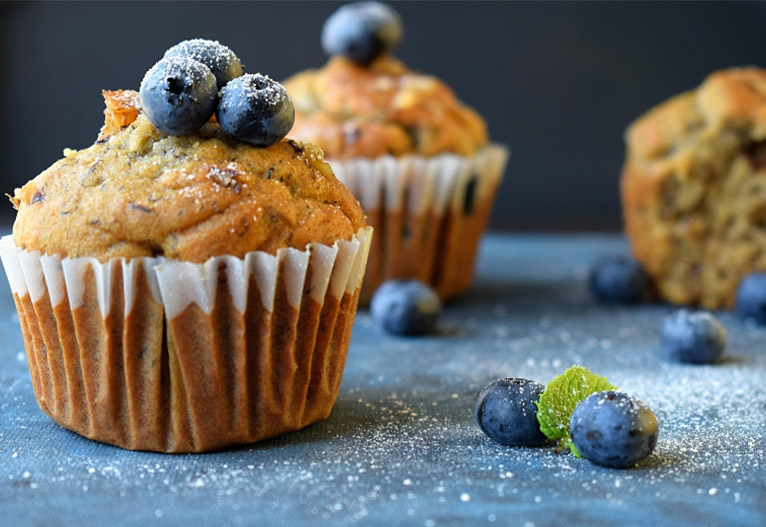
Muffins and banana breads
Despite the name, banana bread is closer to cake than an actual health food – and it’s often packed with sugar and fat. Just because it contains bananas doesn’t make it good for you.
Nut mixes with chocolate or sweetened dried fruit (trail mix)
Nuts are a great snack in small amounts, but they’re very energy-dense. I always remind patients to watch their portions carefully, because once we throw in chocolate bits, yoghurt-covered raisins or sweetened dried fruit, the energy load skyrockets. Trail mix is often code for “dessert in disguise.”
So what can you snack on instead?
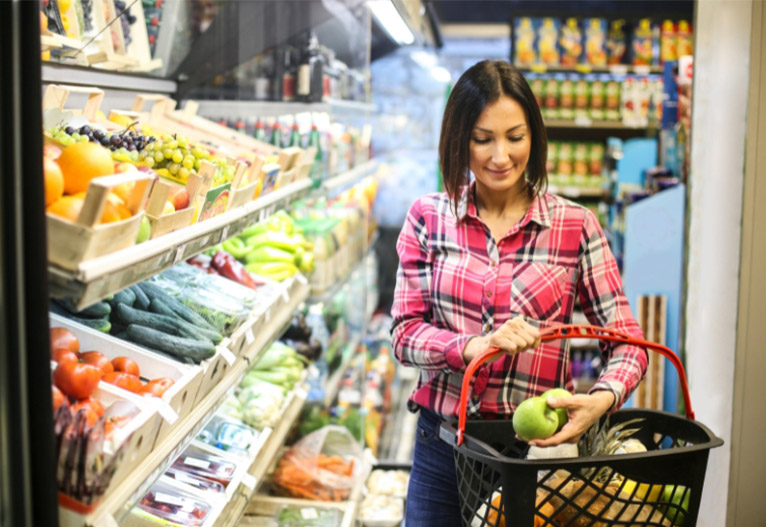
The truth is, there’s no single perfect snack, but the best ones usually have fibre, protein and texture so that you feel satisfied and are less tempted to overeat.
Here are a few options I regularly suggest in-clinic:
- Crunchy and satisfying: Carrot or celery sticks with hummus or reduced-fat cheese
- Protein + fibre combo: A small handful of almonds with fresh fruit or a few pieces of dried fruit (like apricots or sultanas)
- Wholegrain crackers: With avocado, tomato, or cottage cheese
- Fresh fruit: Easy, portable, and packed with fibre
- Plain yoghurt: A great protein source that supports blood sugar and appetite control
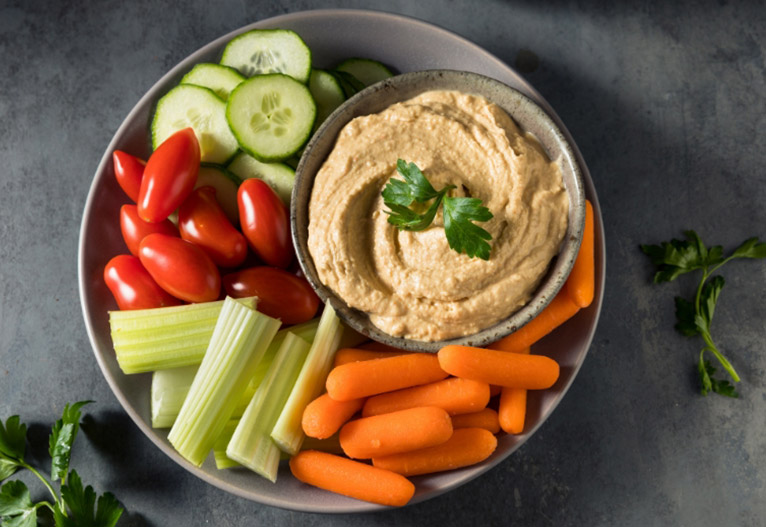
Snacks aren’t the enemy, but some are better left for “sometimes”. Learning to decode the nutrition and ingredient labels is one of the best ways to avoid being misled into thinking certain snacks are healthy. If it all feels a bit overwhelming, a dietitian can help make sense of it.
With a bit of planning and the right mindset, snacking can help support your energy, health, and confidence rather than work against them.
So next time you reach for your favourite snack, pause and ask yourself whether it’s serving your health or just your cravings.
What are your go-to daily snacks? Leave us a comment below!

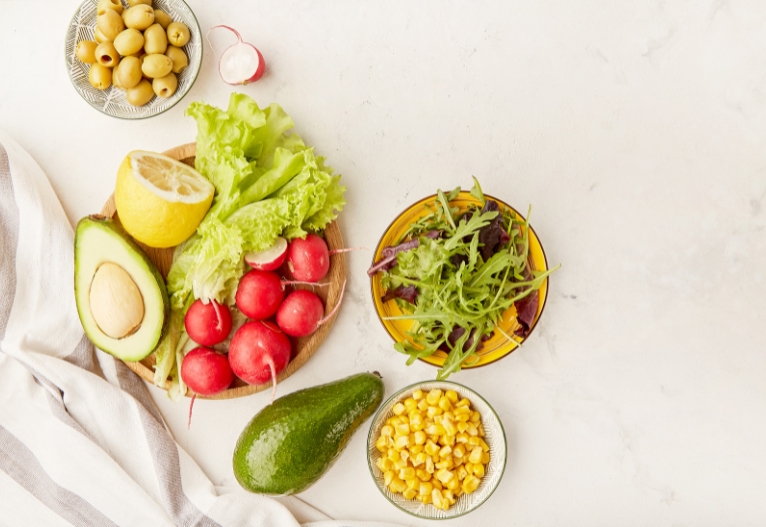



-

-
-
Kindness Matters, NSW
- 30 Nov 2025
👍
0 Likes
-

-
-
BH516846, NSW
- 25 Nov 2025
👍
0 Likes
-

-
-
BH516846, NSW
- 18 Sep 2025
👍
0 Likes
-

-
-
ChiWren, QLD
- 30 Aug 2025
👍
0 Likes
-

-
-
BellaB, ACT
- 09 Jul 2025
👍
0 Likes
-

-
-
BH517760, NSW
- 30 Jun 2025
👍
0 Likes
-

-
-
BH519636, NSW
- 15 Jun 2025
👍
0 Likes
-

-
-
BH517511, SA
- 08 Jun 2025
👍
0 Likes
-

-
-
BH516706, NSW
- 05 Jun 2025
👍
0 Likes
-

-
-
BH516496, QLD
- 03 Jun 2025
👍
1 Likes
-

-
-
ChiWren, QLD
- 01 Jun 2025
👍
1 Likes
-

-
-
BH519636, NSW
- 01 Jun 2025
👍
0 Likes
-

-
-
BH516570, WA
- 01 Jun 2025
👍
0 Likes
-

-
-
JH1981, WA
- 28 May 2025
👍
0 Likes
-

-
-
loves_coffee_and_wine, SA
- 27 May 2025
👍
0 Likes
-

-
-
sars_angelchik, TAS
- 27 May 2025
👍
0 Likes
-

-
-
BH517374, NSW
- 26 May 2025
👍
0 Likes
-

-
-
BH516504, VIC
- 26 May 2025
👍
0 Likes
-

-
-
BH516524, TAS
- 26 May 2025
👍
0 Likes
Post a commentTo post a review/comment please join us or login so we can allocate your points.